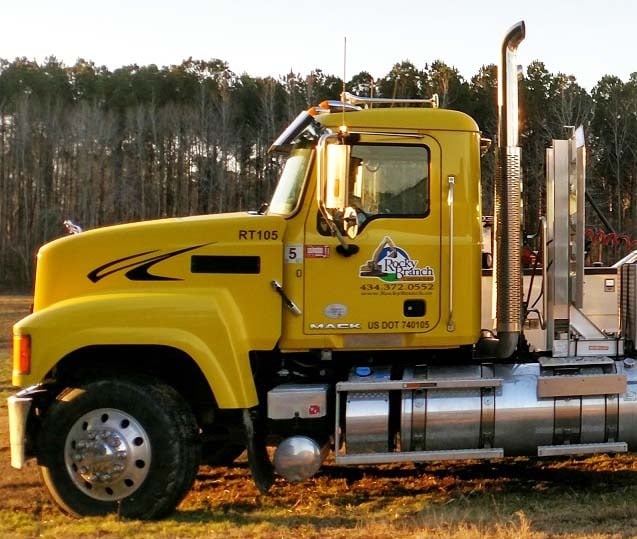Fleet tracking allows a business to optimize its fleet operations through tracking driver activities and analyzing that data. It is a valuable tool for any company with a fleet of vehicles, enabling them to respond with the necessary adjustments to increase productivity, improve safety and save fuel.
Why choose Quartix fleet tracking?
- Flexible contracts
- Free device warranty
- Award-winning customer service
- No auto-renewal
- No hidden costs
- Different trackers and plans to suit your needs
- 20+ years of industry experience
This article explains the benefits and uses of fleet tracking. We’ve broken this down into the following areas:
Fleet tracking: benefits and savings for companies
Whether your fleet includes vans, trucks or a mix of vehicles, GPS fleet tracking can support your business at all levels.
Improved driver protection
- Maintenance reminders to help plan for vehicle services
- Monitoring driver behavior and encouraging safer driving techniques
- Live location tracking to assist in emergencies
Savings:
- Fewer accidents
- Fewer insurance claims
- Reduction in vehicle and driver downtime
- Better fuel economy
Lower fleet running costs
- Monitoring driver behavior and encouraging fuel efficient and energy efficient driving techniques
- Notifications for unauthorized vehicle use
Savings:
- Up to 25% reduction in fuel use
- Up to 15% reduction in overtime claims
- Up to 10% less distance travelled
- Up to 30% less vehicle idling
Better vehicle health
- Monitoring driver behavior and encouraging fuel efficient and energy efficient driving techniques
- Maintenance reminders to help plan for vehicle services
Savings:
- Less vehicle repair costs
- Lower fuel consumption
- Safer vehicles
Increased productivity
- Assessing driver routes to enable more efficient planning
- Allocating nearest drivers using postcode lookup
- Daily driver logs offering accurate timesheets
- Utilization dashboards and management KPI alerts
Savings:
- 20% more fleet utilization
- More accurate accounting
- Faster responses to customers
- Less manual administration
Improved customer service
- Live fleet tracking allowing real-time updates to customers
- Allocating nearest drivers using postcode lookup
Savings:
- Faster responses to customers
- Better brand reputation
- More repeat business
- More recommendations
Read more: ‘How to Reduce Fuel and Maintenance Costs with a Tracking System’
How fleet tracking supports Fleet Managers

1. How can I reduce the fuel consumption of my fleet?
Optimize your drivers’ journeys and choose the most fuel-efficient itineraries. Analyze your employees’ driving styles to identify costly behaviors (such as idling or sudden braking and acceleration) and encourage your drivers to adopt more energy efficient driving practices behind the wheel. Reduce unauthorized vehicle use with geofencing alerts to ensure that drivers do not use company vehicles for their personal needs.
Here is a useful guide on this subject:
https://learn.eartheasy.com/guides/fuel-efficient-driving/
2. How can I reduce the cost of managing a fleet?
To understand running costs, you must analyze your fleet’s data and examine its daily operations. Several fleet tracking reports can help you to optimize vehicle utilization and drive down business costs:
- Assess driver routes to reduce time spent on the road as well as fuel consumption
- Improve productivity by monitoring utilization dashboards and ensuring your fleet is maximizing its capacity.
- Use timesheets for an accurate breakdown of hours worked and arrange payment accordingly.
- Keep your vehicles in a good condition by scheduling maintenance reminders to limit the need for major repairs, reduce accident rates and lower your insurance premiums.
- Extend the life of your vehicles by encouraging your drivers to adopt driving techniques that put less stress on the vehicle and put them at less risk of an accident.
3. How can I streamline my fleet’s business operations?
Pick the quickest routes for your fleet to save time and visit more customers in a day. Set maintenance and service reminders to help you plan for vehicle downtime and organize your business accordingly, so as not to waste any time or resources. Use your fleet tracking data to support invoicing and customer queries and enable a faster response.
4. How can I eliminate unauthorized vehicle use?
Set up geofencing zones with time-based rules so that you receive an alert when your vehicles move out of hours. Driver logs will also record all trips that the vehicles make. Live GPS fleet tracking maps will always display the vehicle’s location, so that action can be taken when needed.
5. How can I use the system to reduce admin tasks?
Improve your accounting by using timesheets and driver logs to easily calculate the hours your drivers worked. Integrate fleet tracking data with your own systems to improve efficiency.
6. How can fleet tracking improve customer service?
Keep your customers informed with the help of live fleet tracking maps. Let your customers know the driver’s location and estimated arrival time. Proactively search for a postcode to see which of your vehicles is closest to a site and allocate work accordingly. Check live traffic data and change your vehicles itineraries to bypass any congestion so you don’t keep your customers waiting.
Read more: ‘2020 Buyer’s Guide to Vehicle Tracking’ or ‘Achieving excellent customer service: The advantage of vehicle tracking’
Fleet tracking: an asset for all sectors
The advantages of fleet monitoring for drivers
In addition to helping companies, fleet tracking offers significant advantages for their drivers and employees. Far from being a surveillance system solely designed to keep track of employees, it offers peace of mind in terms of:
Security: Drivers know that their vehicles are well maintained and their whereabouts is always visible. Any dangerous driving habits will be addressed, improving their personal safety.
Accountability: With automatic validation of hours worked, drivers will receive precise compensation for overtime and fuel costs. Driver logs will provide accurate and impartial telematic data to exonerate drivers in case of false accusations.
Driving skills: The fleet tracking system will identify driving behaviors that could be smoother, safer and more economical, and show a driver’s progress over time. Good driving behavior can be rewarded within teams to congratulate a driver’s efforts to improve.




